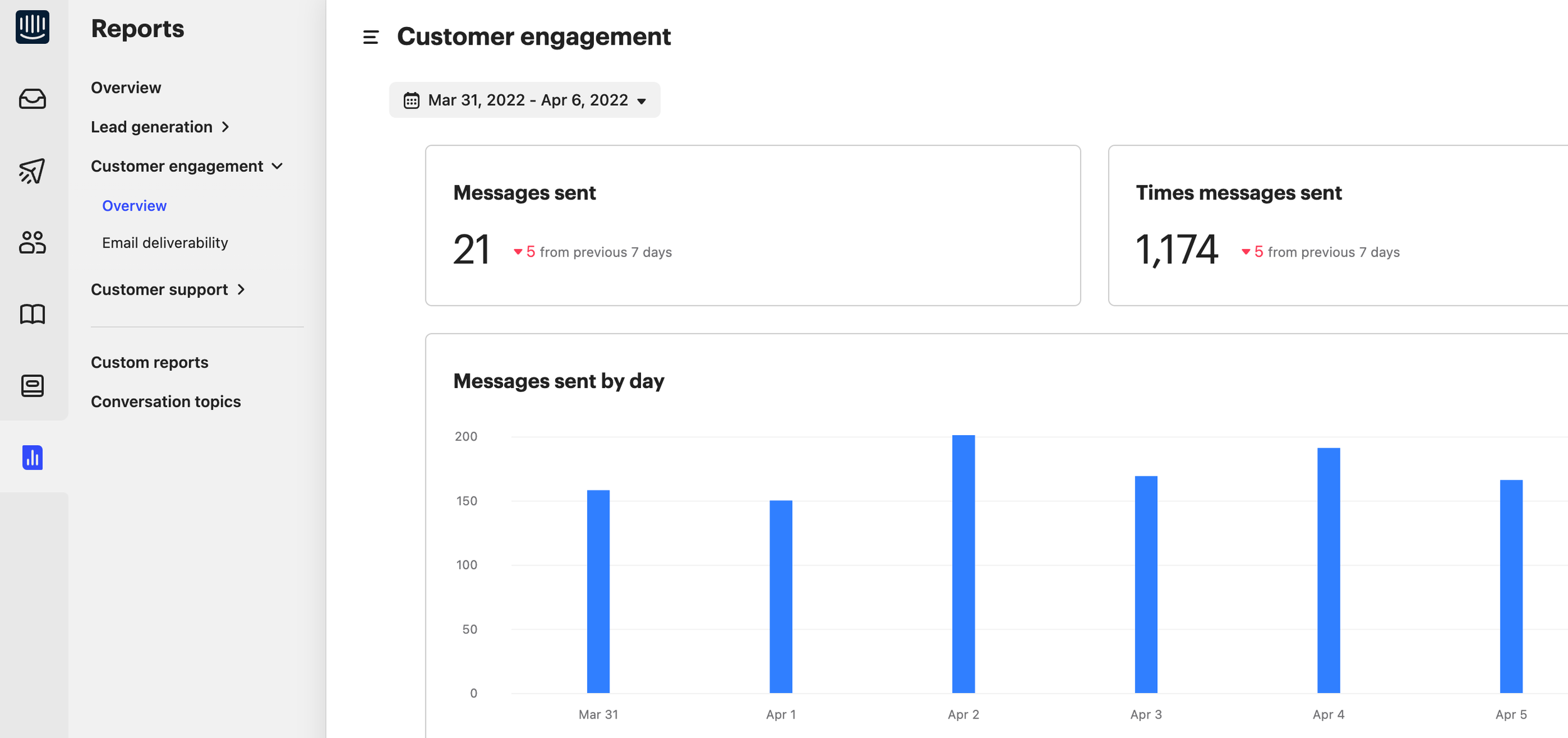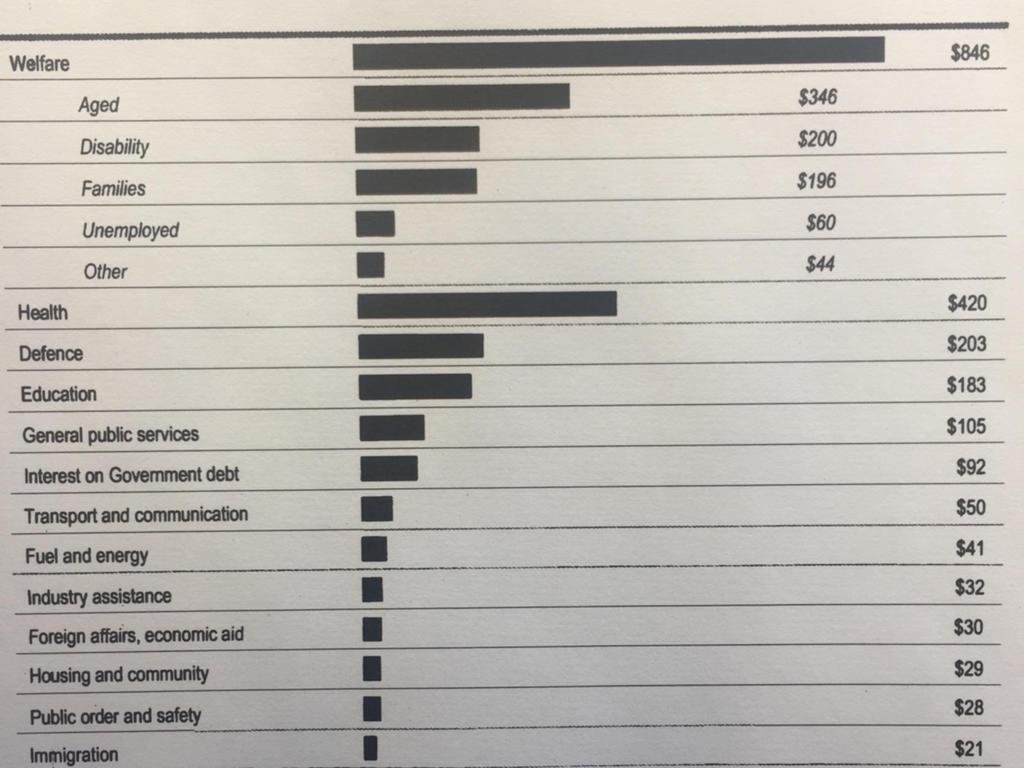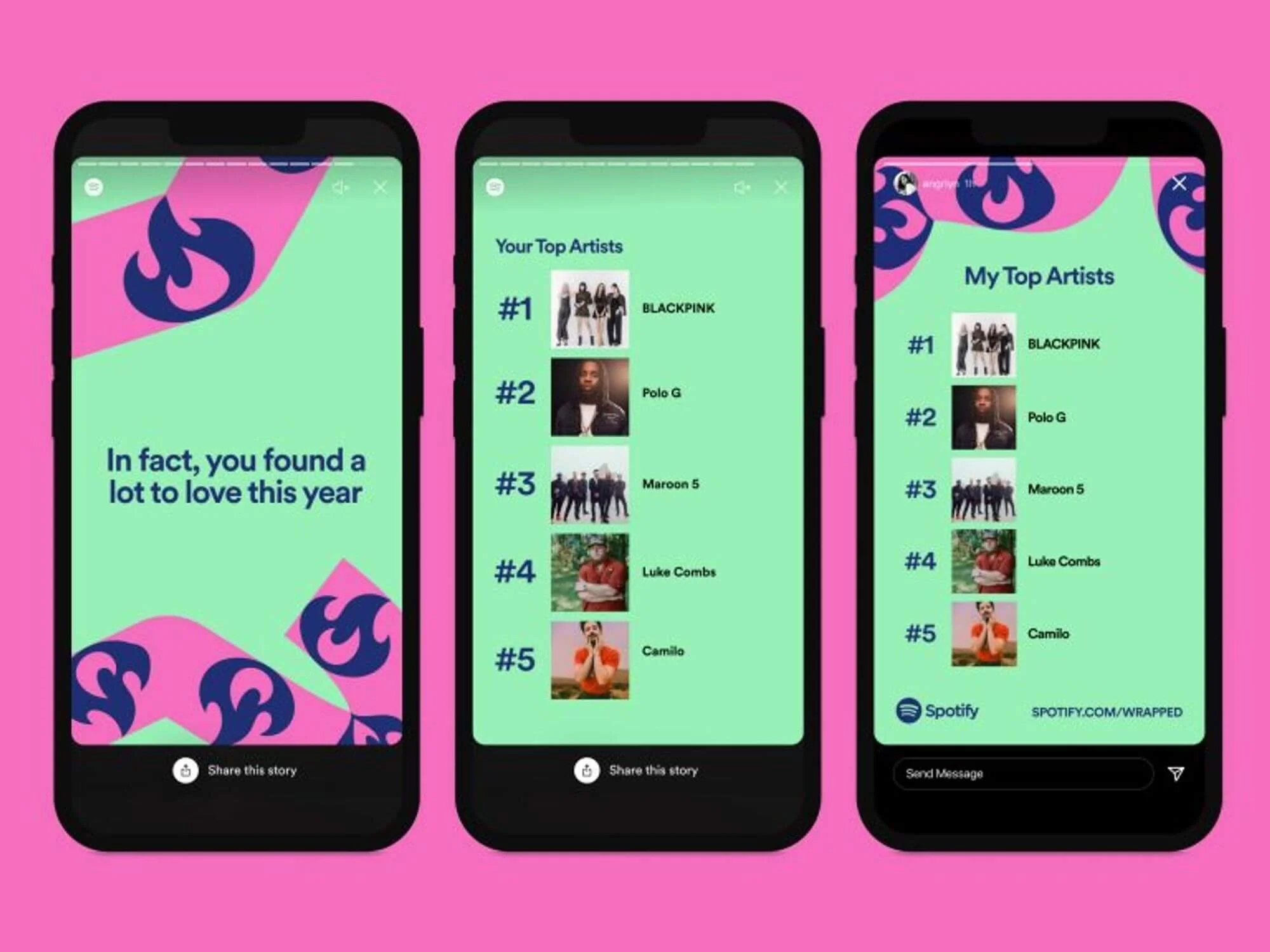🥦🥦🥦
Customer or client reporting is the healthy eating of business. It is often the last thing organizations want to do because it is hard to do well and reveals hard truths.
But like eating well, it is among the most important, valuable things you can do to create alignment internally and externally. So why don’t more organizations make the effort to eat their greens?
Bad reporting is everywhere.
Reporting is the last stage of communicating your data. You need to know what’s important and what isn’t. You need to know your audience, and the message you want to convey.
Unfortunately, bad reporting is so common it is a cliche.
It feels like drudgery — a painful but required last step that is the barrier between you and the weekend. We’ve puzzled for a long time (Reporting: The Most Boring, Important Thing in Analytics) about why reporting always seems like the last thing people want to do.
The reporting interface on many SaaS platforms is the least developed, least engaging part of the tool. Take the examples from Hubspot and Intercom below. There is no way those innovative technology companies have prioritized these experiences. It feels like these enterprises are treating reporting like a 7th-grader dashing off their math homework so they can get back on the Xbox.
Hubspot Reports are literally the very last thing (last drop down, last item) you can find in the Hubspot UI.
Intercom is no better. Their reporting feels like a forgotten corner in the attic where old boxes are piled up.
And it’s certainly not just SaaS platforms. Financial reporting. Scientific research reports. Survey reports. Success with reporting seems to be measured by checking the box over any sense of quality impact.
In fact, the quality of reporting is so low that we are surprised and delighted when the occasional high-quality report shows up. A couple of the rare gems:
The Australian Tax Office sends a report to tax payers that shows how their money is being spend. The report is clear and direct, answering the basic question: Where did my tax dollar go?
Spotify’s Wrapped is an annual report sent to listeners to summarized their music habits. It is a delightful journey through your own data
We’ve always reasoned that report is last because of the flow of information — first you need to collect data, then you can present it. Collecting and managing data is hard and will take up many cycles of development — often leaving little time and energy to “bridge the last mile.”
It is not simply a capacity problem.
The true challenges of creating good reporting
Like any problem, it is the social and human challenges, that underlie why reporting is seldom well solved. Reporting asks you to do three things that are very hard:
Know what is important in the data. which requires you to express to your customers the value you are delivering. You need to have clarity about your value proposition.
Communicate it well. Data storytelling requires a bunch of skills.
Be open to the pushback from transparency. When customers start to engage with your reporting, they will inevitably start asking tough questions. It can be easier to obscure data than provide the transparency we see with the Australian Tax Office.
The unexpected value of good reporting
Time and again, when I work with companies, they realize that designing a dashboard, data story, or report isn’t really about the data. It is a mirror on your organization. One of those make-up mirrors that shows all your pores. Fortunately there are real benefits when you get your reporting right:
You will open up a new kind of open dialogue with clients/customers
You will differentiate your product or service from competitors. Their reporting sucks.
You will open the door to more executive conversations. Good reporting shows the value you create.
You will understand the drivers of your business better than ever.
Reporting requires managing a careful balance of conveying a message about your value with the transparency and hard-reality of data.
It is the healthy thing to do. 🥦🥦🥦





